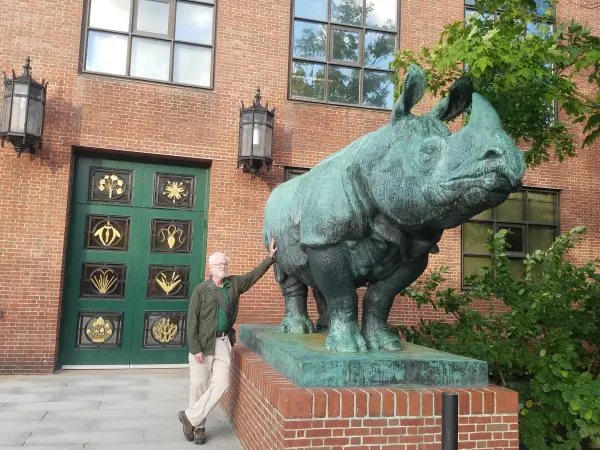Benford Applied Math
About
I'm a consulting applied mathematician. That means I apply mathematics to help solve real world problems. To be an applied mathematician, one must not only have a deep and broad understanding of mathematics, but a real interest in real world problems and the mathematical needs of people concerned with those problems. For more information, check out my website: http://benfordappliedmath.com/
In his autobiography, Charles Darwin wrote the following. "I attempted mathematics, ... but I got on very slowly. ... This impatience was very foolish, and in after years I have deeply regretted that I did not proceed far enough at least to understand something of the great leading principles of mathematics, for men thus endowed seem to have an extra sense." He's right! Being informed and comfortable with "the great leading principles of mathematics" allows one to understand real world problems that baffle those without this understanding.
Highlights
Payment methods
Specialties
Grade level
Type of math
Photos and videos

Reviews
Tanni S.
Frequently asked questions
What is your typical process for working with a new student?
Well, first I have to get to know something about the student. How we proceed from there depends on their needs and my judgment about the best way to address these needs.
What education and/or training do you have that relates to your work?
I have a Ph.D. in Applied Mathematics from Harvard. I've been a professor of mathematics and statistics at WOU and Willamette.
Do you have a standard pricing system for your lessons? If so, please share the details here.
Not at the moment.
How did you get started teaching?
Well, first I was a student. During the course of my education I paid attention to those actions of my teachers that worked (i.e., were educationally effective), and equal attention to those which were not. Since then I've tried to avoid practices that didn't work well with me. From being a graduate student in applied math, the next logical step is to become a professor, i.e., a teacher of mathematics.
What types of students have you worked with?
I'm just getting started in this tutoring business. I think I can work with any kind of student, as long as they're willing to work as hard as necessary to achieve their goals. There is no magic pill one can take that will give one a math education, but I believe that with a certain amount of perseverance anyone can achieve a reasonable mastery of mathematics, as well as a pleasing level of comfort with the subject.
Describe a recent event you are fond of.
I've recently published a couple of papers on "Benford random variables" that I'm reasonably proud of. I've thereby continued a line of research begun by my grandfather (also named Frank Benford).
What advice would you give a student looking to hire a teacher in your area of expertise?
For a tutor to be able to help you, you have to be totally honest about what you want to achieve, what gives you difficulty, and how hard you're willing to work.